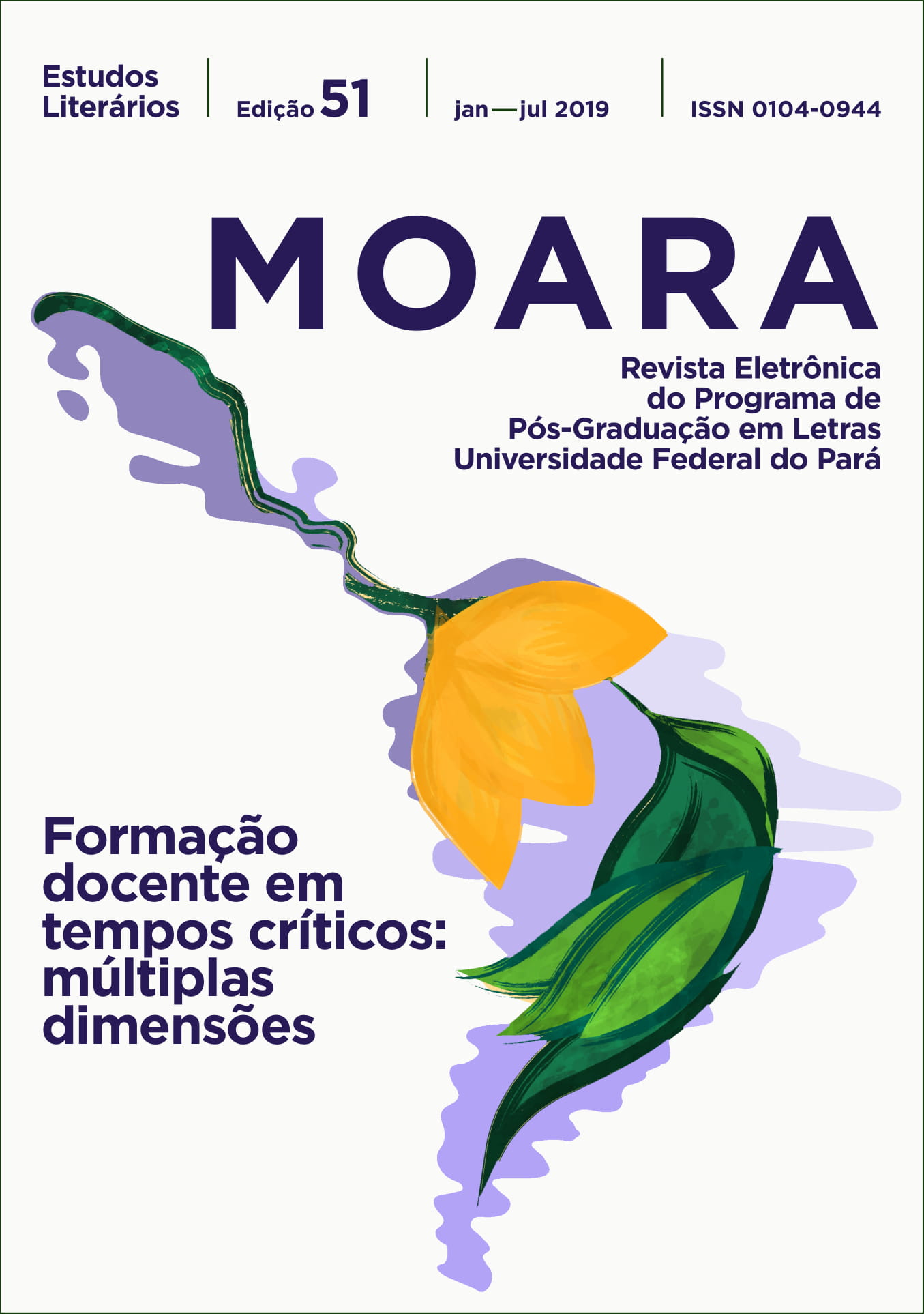The "family" of deaf-mutes facing the idea of progress in the nineteenth century
DOI:
https://doi.org/10.18542/moara.v1i51.7347Abstract
The deaf-mutes ‘family’ – the work of Ferdinand Berthier (1803-1886) – was born in 1834, when the first banquet in honnor of Abbé de l’Épée was organized. By establishing this tradition of banquets, Berthier managed to unite deaf people around the image of the famous pedagogue. In 1838, he founded the ‘Société centrale des sourds-muets de Paris’, entirely composed of deaf people, which became a ‘representative’ lobby. Berthier and his deaf ‘brothers’ demanded access to equality by sign language in all areas of society. Until 1848 they were able to make their demands heard, in part because French people were still then largely insensitives to the ideology of progress. From the Revolution of 1848 and into the 1870s, we can observe the progressive decrease of the influence of the deaf-mutes ‘family’, in line with the increase of the adhesion to the ideology of progress and its ‘oralist’ interpretation which triomphed in 1880 after the Congress of Milan.Downloads
Published
2019-08-02
Issue
Section
Artigos de Tema Livre


